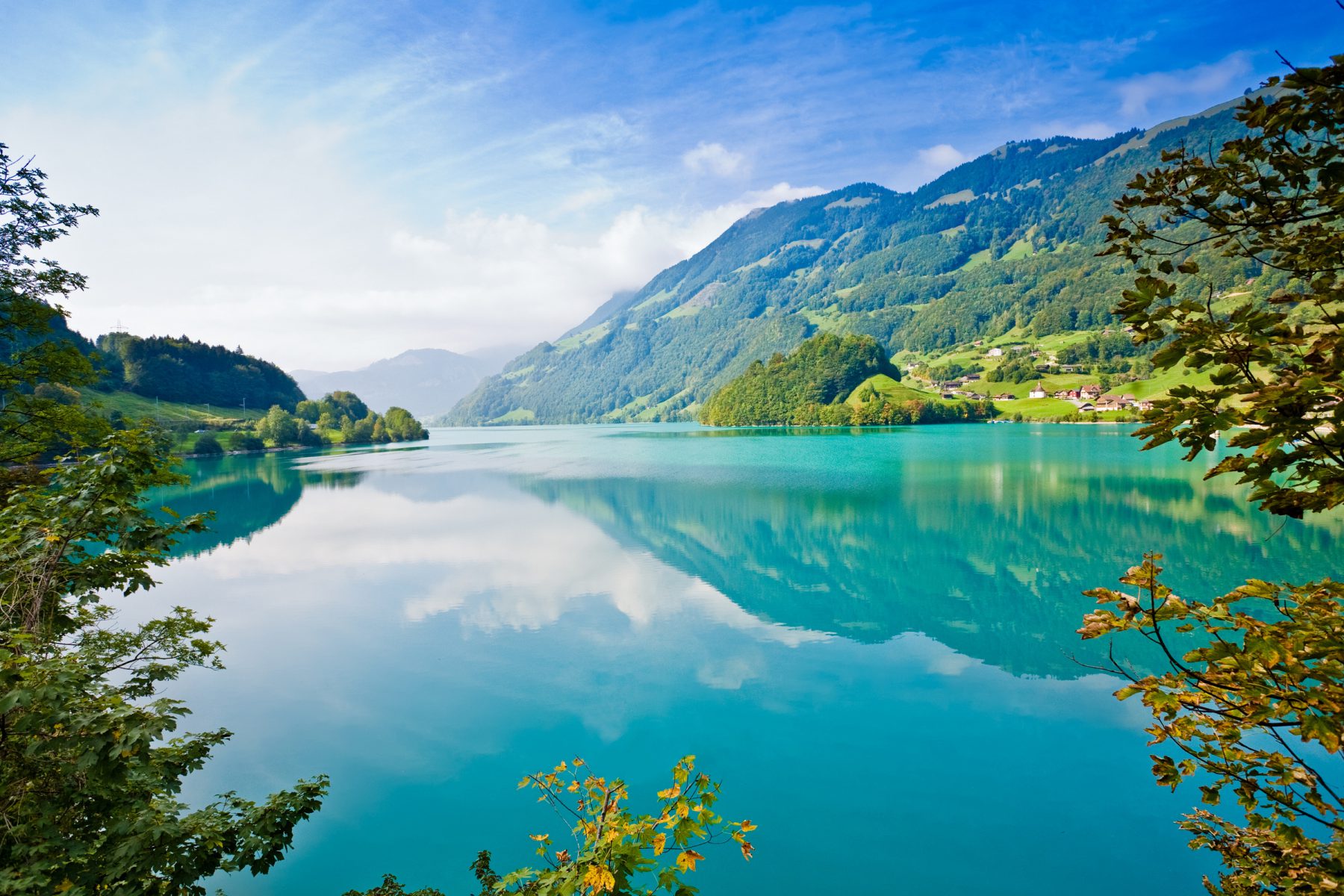Our group project revolves around the water we drink and use. We picked this concept as we feel that we often take our access to clean water for granted.
Water is one of the essential resources on Earth. We need it for survival. We also use it for both indoor and outdoor activities, from simple things like preparing food or maintaining personal hygiene to using water for our recreational activities (e.g. light and water shows) or even water sports. Therefore we are interested in how clean water reaches us and how water is made potable for us to drink. We will also look into the chemical composition of water, and how it can help or harm us. Lastly, we will explore the various uses of water.
Through this project, we hope to gain a deeper appreciation for and understanding of this resource that we oftentimes take for granted.
Before we continue with the chemical concept, here are some myths people commonly have about water in Singapore.
Water Myths: Busted!
Myth 1: We cannot drink tap water straight from the tap. Tap water should be boiled first before we drink it.
Fact 1: According to the Public Utilities Board (PUB), water from the tap is safe to drink. Tap water is continuously monitored throughout the year and water tanks on rooftops are checked once a year to ensure that water quality is maintained. Therefore, there is no need to boil tap water before drinking it.
Myth 2: It seems like NEWater contains many chemicals, therefore it is not pure water.
Fact 2: Chemicals are indeed added to NEWater in the production process, but they aid in the restoration of the pH balance of the water. The water is still considered pure as during the NEWater production process, all bacteria, harmful chemicals, and any other organisms have been removed and/or inactivated.
Myth 3: It does not matter how much water we pour away. Since this water can always be recycled, we are not ‘wasting water’.
Fact 3: Although it is true that any water we pour away is ultimately recycled, the recycling process is energy and resource-intensive, hence we pay for the amount of water we get (once we switch on taps). Also, during the process of recycling used water, it is inevitable that some water is lost through leaks, hence we will not get the same amount of clean, recycled water as compared to the original amount of used water.
Myth 4: It is safer to drink bottled water as compared to tap water.
Fact 4: This is not completely true.While some brands of bottled water get their water from mineral-rice springs, most others (eg. Ice Mountain and Dasani) are attained from public water supplies (tap water, which is further purified). Since tap water in Singapore is already safe enough for drinking, drinking bottled water is not necessarily safer than tap water.
Myth 5: We need to drink at least 8 glasses of water a day.
Fact 5: The latest recommendation from the Institute of Medicine is for women to have 8 glasses and men to have 12 glasses of any fluid per day. Water is one the fluids that one should take, and it is definitely the healthiest with zero calories, but it is not that one needs 8 – 12 glasses of only water, excluding all other fluids.
Read on to find out more about what exactly water is, and how we get our clean water in Singapore!
References
Heng, J. (2016, March 15). AskST: How hygienic is tap water from HDB rooftop water tanks? Retrieved March 10, 2017, from http://www.straitstimes.com/singapore/askst-how-hygienic-is-tap-water-from-hdb-rooftop-water-tanks
Lim, L. (2016, December 16). Singapore’s S$134m bottled water addiction. Retrieved March 19, 2017, from http://www.channelnewsasia.com/news/singapore/singapore-s-s-134m-bottled-water-addiction/3364034.html
Myers, W. (2010, October 28). 10 Myths and Facts About Water. Retrieved March 10, 2017, from http://www.everydayhealth.com/diet-nutrition/10-myths-and-facts-about-water.aspx
P. (n.d.). PUB, Singapore’s National Water Agency. Retrieved March 9, 2017, from https://www.pub.gov.sg/watersupply/fournationaltaps/newater
P. (n.d.). PUB, Singapore’s National Water Agency. Retrieved March 10, 2017, from https://www.pub.gov.sg/watersupply/waterquality/drinkingwater
